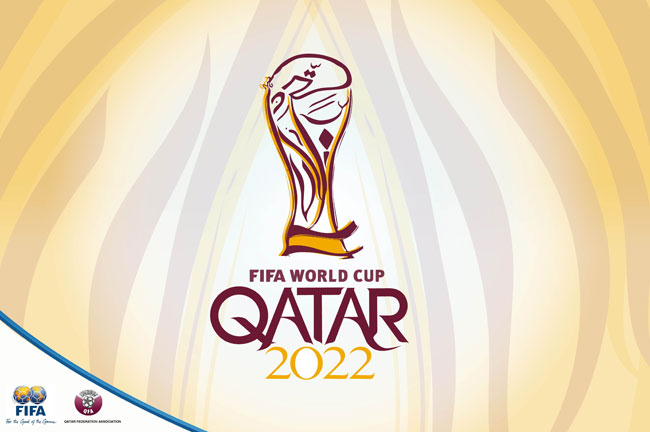Amnesty International has returned to the attack over working conditions for immigrant workers in 2022 World Cup host Qatar.
Last week the United Nations-affiliated International Labour Organisation gave the Gulf state a 12-month deadline to reform its labour laws.
Amnesty’s 50-page report claims migrant workers rebuilding the Khalifa International Stadium in Doha “have suffered systematic abuses, in some cases forced labour.”
However it does acknowledge some improvement in terms of accommodation conditions as well as the progressive will of Qatar’s World Cup Supreme Committee within a complex local political context.
Since the investigation was conducted, a year ago, some workers have been moved to improved facilities. These include the so-called ‘Asian Town’ complex which features cinemas, hospital, supermarkets and even a cricket stadium.
The report, entitled The ugly side of the beautiful game: Labour exploitation on a Qatar 2022 World Cup venue, attacks the Qatar government as “apathetic” and world football federation FIFA as “indifferent.”

The Khalifa International Stadium in Doha, which is currently being refurbished.
Amnesty secretary-general Salil Shetty said: “The abuse of migrant workers is a stain on the conscience of world football. For players and fans, a World Cup stadium is a place of dreams. For some of the workers who spoke to us, it can feel like a living nightmare.
“Indebted, living in squalid camps in the desert, paid a pittance, the lot of migrant workers contrasts sharply to that of the top-flight footballers who will play in the stadium.
“All workers want are their rights: to be paid on time, leave the country if need be and be treated with dignity and respect. Despite five years of promises, FIFA has failed almost completely to stop the World Cup being built on human rights abuses.
“Hosting the World Cup has helped Qatar promote itself as an elite destination to some of the world’s biggest clubs. But world football cannot turn a blind eye to abuse in the facilities and stadiums where the game is played.
“If FIFA’s new leadership is serious about turning a page, it cannot allow its showcase global event to take place in stadiums built on the abuse of migrant workers.”
The report was generated from interviews with more than 230 migrant workers. However it concedes that they were undertaken between February and May 2015 – a year or more ago – and that some workers had since been moved to better accommodation and had their passports returned.
In that time FIFA has undergone regime change with the overthrow of long-term president Sepp Blatter who had done little more than pay service to complaints about the Qatari labour issue.
Whether new president Gianni Infantino can achieve much is doubtful. At least FIFA has claimed to be incorporating human rights observance into future tournament bid schedules.
The lack of influence of sports bodies once an event has been awarded was illustrated by the impotence of the International Olympic Committee in the face of Russia’s anti-gay propaganda laws at the Sochi Winter Olympics in 2014.
Investigations by former United States attorney Michael Garcia on behalf of FIFA, by US and Swiss judicial authorities and by the media have yet to find a ‘smokimg gun’ in terms of bid corruption which would offer FIFA any reason to revisit the award ballot.
Shetty conceded: “The Supreme Committee has shown commitment to workers’ rights and its welfare standards have the potential to help. But it is struggling to enforce those standards.
“In a context where the Qatari government is apathetic and FIFA is indifferent, it will be almost impossible for the World Cup to be staged without abuse.”
On the ground facilities are one issues but the lack of movement of the government on the issue of kafala – despite repeated promises – remains a major cause for concern.






